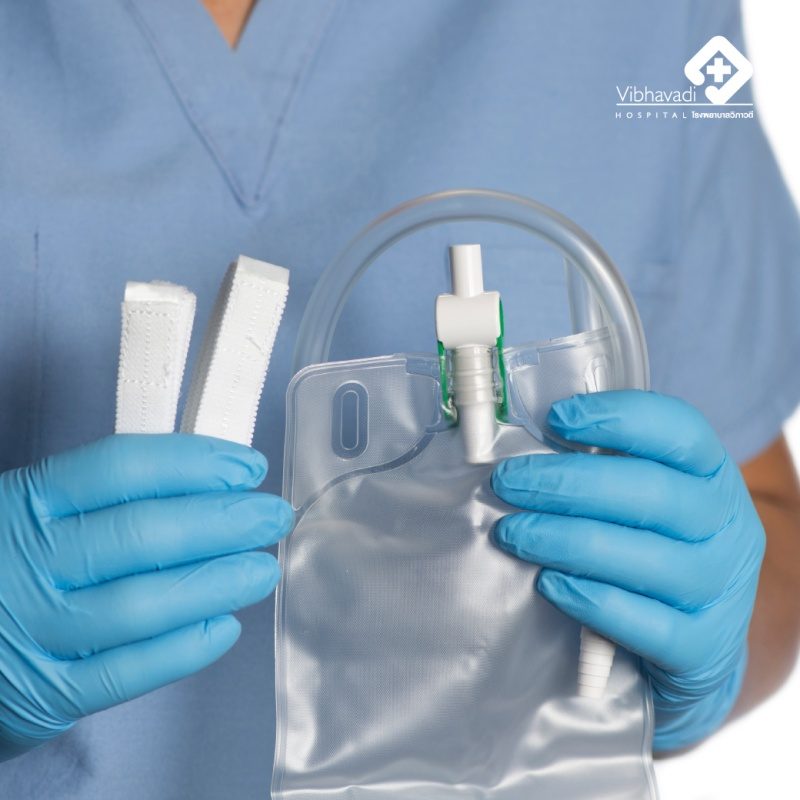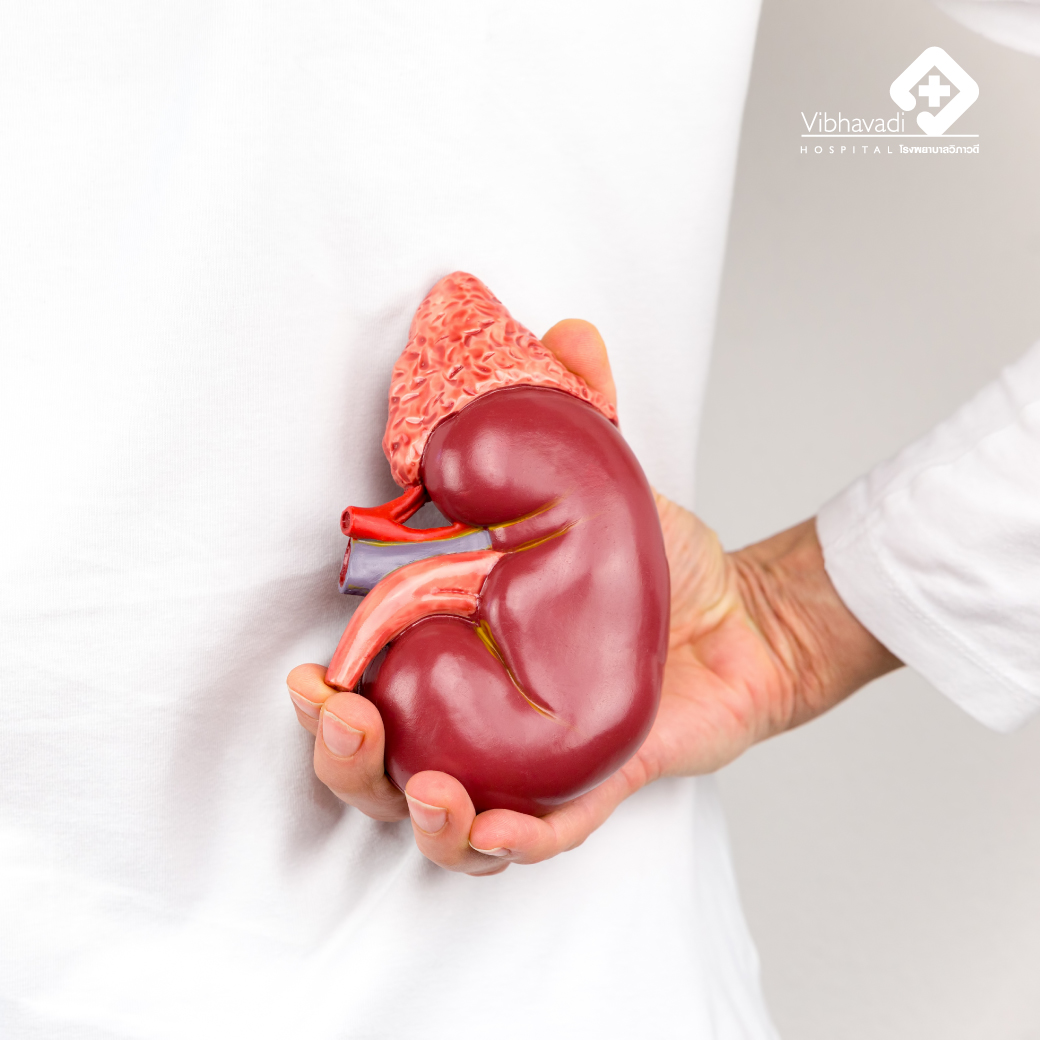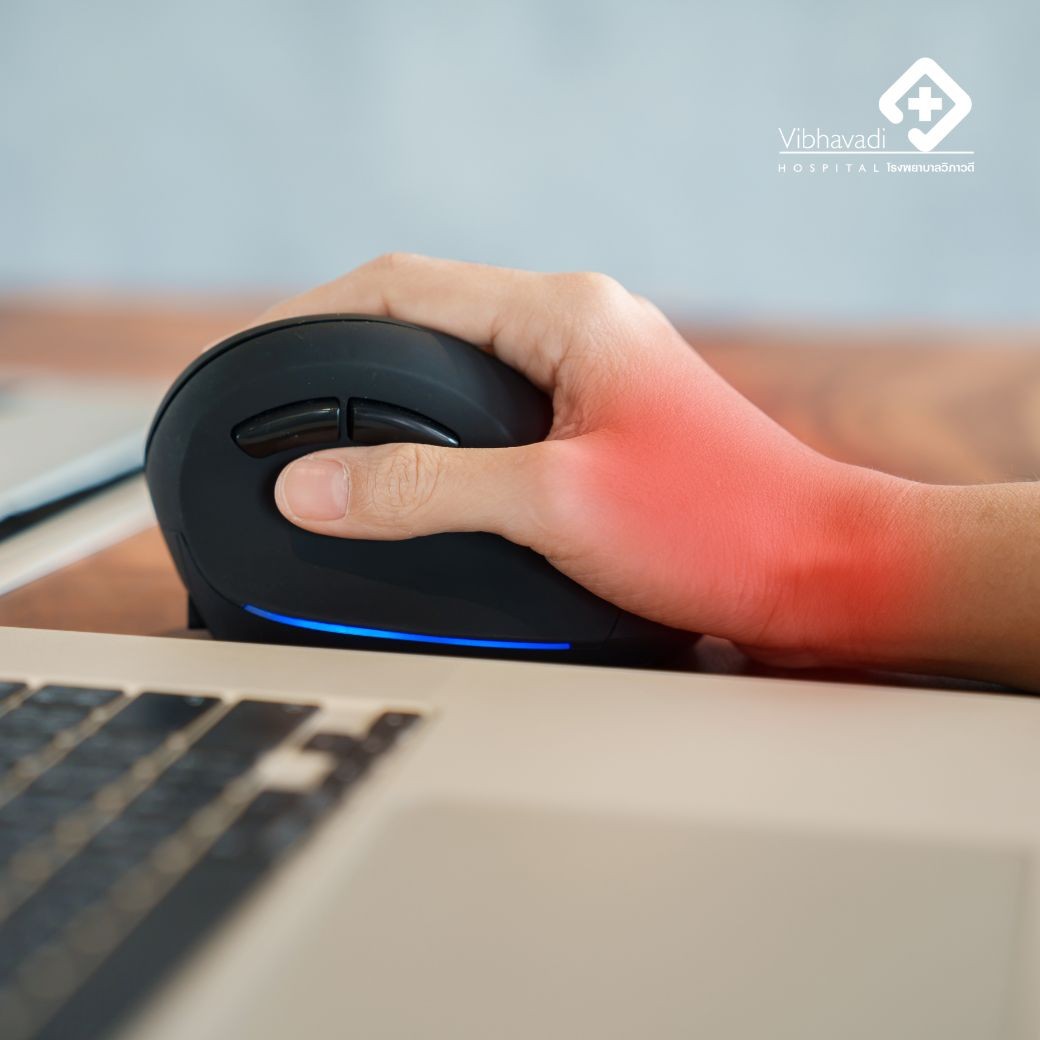
Enterovirus Diseases: Hand, Foot, and Mouth Disease (HFMD) / Herpangina
Enterovirus Diseases: Hand, Foot, and Mouth Disease (HFMD) / Herpangina
Enterovirus infections are caused by a group of viruses that consist of 68 strains, most of which reside in the human gut. These viruses can cause various diseases, typically mild illnesses in children that resolve on their own, such as Hand, Foot, and Mouth Disease (HFMD). However, some strains can lead to severe diseases like poliomyelitis, meningitis, and myocarditis.
Hand, Foot, and Mouth Disease (HFMD) is caused by human enteroviruses, with the most common being Coxsackie viruses (Coxsackie virus A16, A5, A9, A10, B1, and B3) and Enterovirus. In Thailand, HFMD can occur year-round but is more common during the rainy season and in cool, humid weather. It can affect people of all ages but is most prevalent in infants and young children under five. The virus spreads through contact with secretions from the nose and throat, saliva, blister fluid, or feces of an infected person, either directly or indirectly, such as through contaminated toys, drinks, and food.
Incubation Period: 3 – 6 days after exposure
Symptoms:
- Herpangina: Characterized by fever for 1-2 days, with 5% of cases experiencing febrile seizures. Symptoms include a sore throat and small, clear blisters (1-2 mm in size) on a red base in the throat, often developing into ulcers similar to canker sores. These are typically found on the front of the tonsils, soft palate, uvula, and tonsils, lasting 4-6 days. No deaths have been reported.
- Hand, Foot, and Mouth Disease (HFMD): Most cases involve a fever for 1-2 days, sometimes high, with widespread oral ulcers, including on the buccal mucosa, gums, and sides of the tongue. After 2-3 days, these lesions start to scab and gradually heal within 7-10 days. Blisters or rashes may appear on the palms, fingers, soles, arms, legs, elbows, and around the anus. Patients often experience significant pain in the mouth and throat, particularly on days 3-5, leading to drooling, difficulty swallowing, vomiting, reduced food intake, and occasionally diarrhea.
- Pharyngitis with Lymphadenopathy: Features hard, raised lesions with white or yellowish bumps (3-6 mm in size) on a red base, often found on the uvula, the front of the tonsils, and the back of the throat, but without any rash or blisters.
Diagnosis:
Diagnosis is based on patient history and physical examination. In some cases, specific testing for the virus strain is necessary, which involves collecting samples from oral ulcers and feces for viral culture and serological testing.
Home Care for HFMD Patients:
- Isolate the infected child at home, keep them from school, and avoid public places until the blisters or rashes dry up (about 5-7 days). If more than two cases are found in the same classroom, consider closing the classroom or school temporarily for 5-7 days to clean surfaces the infected child may have touched.
- Separate the patient's belongings from those of others.
- Bathe the patient, and provide fever reducers, topical anesthetics, and other medications as recommended by a doctor.
- Offer soft, easily digestible foods with mild flavors, and allow the patient to consume cold foods.
- Wash hands with soap after touching the patient, and clean toys and surrounding environments daily with soap, detergent, and cleaning solutions, as the virus is non-enveloped and resistant to lipid solvents like alcohol and ether.
- Use tissues or paper towels to cover the mouth and nose when coughing or sneezing, and dispose of them, along with diapers, in a sealed trash can.
- If the patient shows signs of fatigue, inability to eat, or worsening symptoms, consult a doctor immediately.
Symptoms That Require Immediate Medical Attention:
- High fever, especially over 39°C for more than 48 hours.
- Restlessness or constant crying.
- Frequent vomiting, inability to eat, or eating very little.
- Neurological symptoms such as lethargy, abnormal eye movements, muscle twitching, seizures, unconsciousness, severe headache, or sudden limb weakness.
- Mottled or pale skin.
- Difficulty breathing or shortness of breath.
Treatment:
There is no specific treatment for HFMD; care focuses on relieving symptoms. Fever can be managed with tepid sponging and antipyretics, while topical anesthetics may reduce pain from oral ulcers to help with food intake. Most patients experience mild symptoms and recover on their own. In cases of severe dehydration or extreme fatigue, hospitalization for intravenous fluids and close monitoring for severe complications is recommended. Severe cases occur in about 0.05% – 1% of patients (1 in 2,000 – 10,000) and are often associated with EV71, the strain most likely to cause severe HFMD. Complications can affect multiple systems, including the central nervous system (encephalitis, meningitis, acute limb weakness), respiratory system, and cardiovascular system (myocarditis, acute heart failure, and acute pulmonary edema). Severe cases may result in death.
Prevention:
The best prevention is good hygiene and vaccination against severe HFMD caused by EV71. Thailand now offers a vaccine for HFMD caused by Enterovirus 71 (EV71). Over 48 million doses have been administered in China without reports of severe side effects, only common post-vaccination symptoms like fever, diarrhea, and reduced appetite. The vaccine is recommended for children aged 6 months to 5 years and 11 months, with an efficacy rate of 97.3% against EV71-related HFMD and 100% against severe EV71-related HFMD. It is administered intramuscularly in two doses, one month apart.
Children who recover from HFMD should wait about one month before receiving the EV71 vaccine.
Important Note:
Children vaccinated against severe HFMD caused by EV71 are protected against this specific strain but may still contract HFMD caused by other enterovirus strains.
Article by:
Dr. Pranee Sitaposa, Pediatric Infectious Disease Specialist, Vibhavadi Hospital














